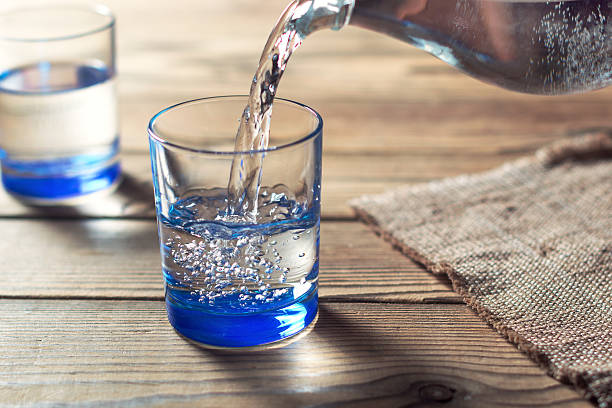Water is essential to life, and staying appropriately hydrated is crucial for maintaining overall health. Quite possibly of the most widely recognized question individuals ask with regards to hydration is: how much water should I drink a day? The answer can vary based on several factors, including age, weight, climate, physical activity level, and individual health needs. In this article, we will investigate the general guidelines for daily water intake and a few important considerations to remember for optimal hydration.
General Guidelines for Daily Water Intake
The amount of water you should drink each day relies upon various factors, yet there are general recommendations that can assist with guiding your hydration endeavors:
8×8 Rule: A popular guideline is the “8×8 rule,” which proposes drinking eight 8-ounce glasses of water a day, totaling about 2 liters or half a gallon. This is a simple and easy-to-recollect approach that works for many individuals, however it might not be ideal for everybody.
Institute of Medicine (IOM) Recommendations: According to the IOM, the suggested daily water intake is:
Men: About 3.7 liters (125 ounces) of total water from all beverages and food sources.
Ladies: About 2.7 liters (91 ounces) of total water from all beverages and food sources.
These recommendations include water obtained from food (fruits, vegetables, and different food sources that contain water) and different beverages (like tea, espresso, and juice). While the IOM’s guidelines are based on total daily intake, it’s important to guarantee that a substantial portion of that water comes from drinking plain water.
Factors Affecting Your Water Needs
While the general guidelines are valuable, your specific water needs may differ based on certain lifestyle and health factors:
Physical Activity: If you exercise regularly or engage in intense physical activity, you will require more water to replace the fluids lost through sweat. It’s prescribed to drink additional water previously, during, and after exercise to stay hydrated.
Climate and Temperature: If you live in a sweltering or humid climate, or on the other hand if you’re presented to high temperatures for broadened periods, you may have to drink more water to forestall dehydration. Similarly, chilly climate can lead to dehydration if you’re not aware of your fluid intake.
Health Conditions: Certain health conditions like kidney stones, urinary tract infections, or fever can require increased water intake. It’s always smart to counsel a healthcare provider if you have specific health worries that might impact your hydration needs.
Pregnancy and Breastfeeding: Pregnant and breastfeeding ladies have higher water needs because of the increased fluid demands of the body. It is much of the time suggested that pregnant ladies drink around 2.3 liters (78 ounces) of water each day, and breastfeeding ladies may require about 3.1 liters (104 ounces) daily.
Age: More established adults may experience a decreased feeling of thirst, which can lead to dehydration if they don’t drink sufficient water over the course of the day. It’s essential for seniors to be mindful of their hydration needs.
Tips for Staying Hydrated
To guarantee you’re drinking sufficient water, consider these supportive tips:
Carry a Reusable Water Jug: Keep a water bottle with you over the course of the day as a reminder to drink more water.
Track Your Intake: Utilize a hydration app or simply note how much water you drink daily to assist you with staying on track.
Drink Before You Feel Thirsty: Thirst is in many cases a sign that your body is already starting to become dehydrated. Attempt to sip water consistently over the course of the day.
Eat Hydrating Food sources: Fruits and vegetables like watermelon, cucumbers, and oranges have high water content and can contribute to your daily hydration needs.
Conclusion
Things being what they are, how much water should I drink a day? While individual requirements can vary, aiming for around 2 to 3 liters of water each day is a decent general goal for a great many people. Keep in mind, your total daily water intake includes beverages and food, so you may not have to drink all of it in the type of plain water. Pay attention to your body’s signals, and adjust your hydration habits based on factors like activity level, climate, and personal health. Staying appropriately hydrated is essential for maintaining great health, supporting digestion, energy levels, and even mental clarity.


